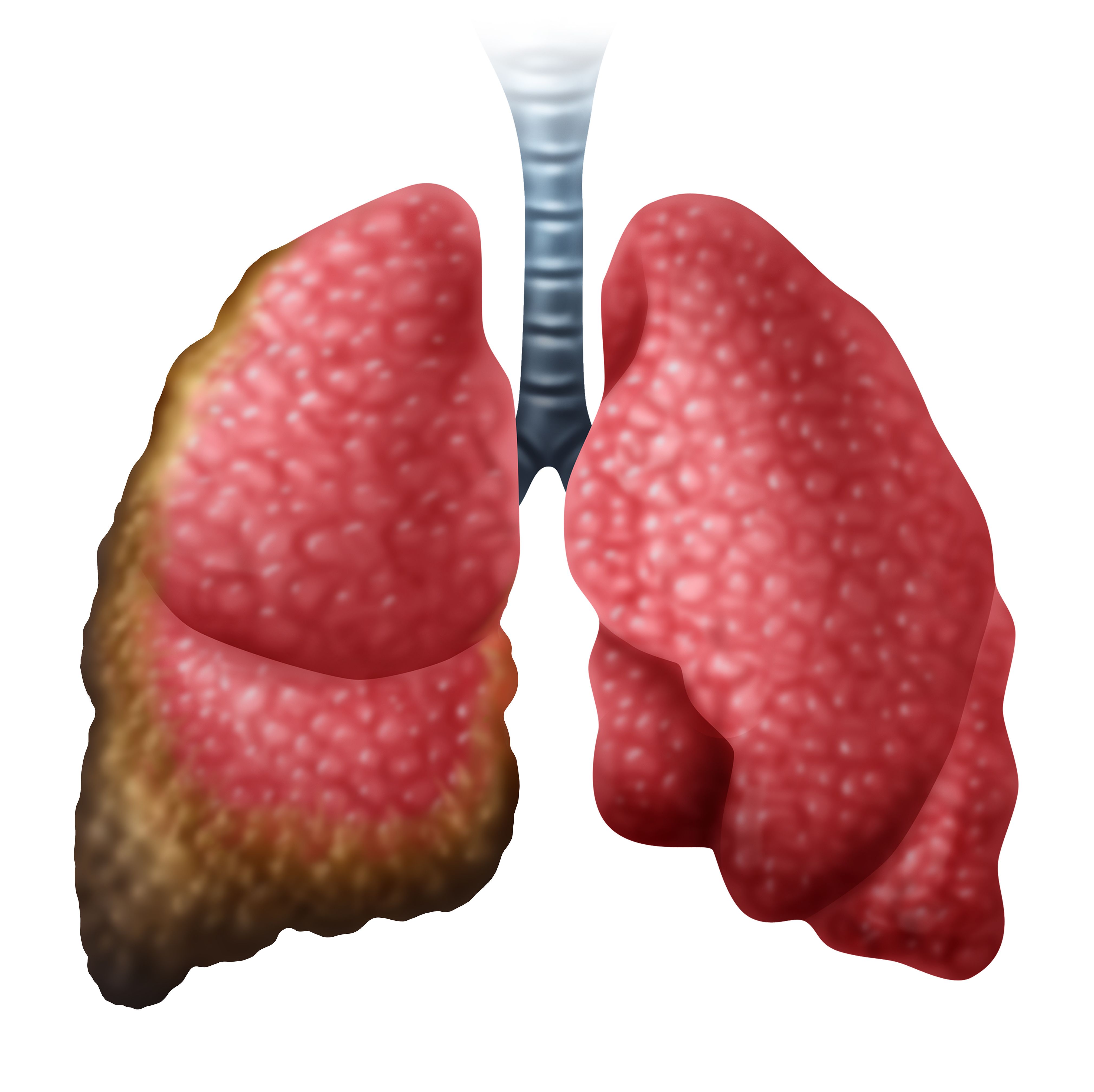Durvalumab Combo Shows Consistent Outcomes in Advanced Pleural Mesothelioma
Slow accrual led to the early stopping of the phase 3 DREAM3R trial assessing durvalumab/chemotherapy in advanced pleural mesothelioma.
The safety profiles of chemotherapy with or without durvalumab were consistent with the known profiles of the agents. Fatigue, nausea, and anemia were the most common adverse events (AEs) in both arms.

Although slow accrual and standard-of-care practice changes yielded inconclusive results in the phase 3 DREAM3R trial (NCT04334759, ACTRN12620001199909), frontline durvalumab (Imfinzi) plus chemotherapy nevertheless produced consistent overall survival (OS), overall response rate (ORR), and progression-free survival (PFS) outcomes among those with advanced pleural mesothelioma, according to data presented at the European Society for Medical Oncology (ESMO) Congress 2025.1
Durvalumab and chemotherapy yielded a median OS of 21 months (95% CI, 18–27) vs 18 months for chemotherapy alone (95% CI, 14–30) for a HR of 0.92 (95% CI, 0.63–1.36; stratified log-rank P =.9). Median PFS were 8 months (95% CI, 8–10) with the combination vs 7 months (95% CI, 6–8) with chemotherapy alone (HR, 0.70; 95% CI, 0.5–0.98; P =.20). ORRs were 58% and 35%, respectively (P =.005).
The safety profiles of chemotherapy with or without durvalumab were consistent with the known profiles of the agents. Fatigue, nausea, and anemia were the most common adverse events (AEs) in both arms.
What Was the Rationale and Design of the DREAM3R Trial?
Durvalumab was assessed in the phase 2 DREAM (ACTRN12616001170415) and PrE0505 (NCT02899195). In these studies, durvalumab showed promising activity in combination with pemetrexed and either cisplatin or carboplatin chemotherapy.
The phase 3 DREAM3R study randomized patients 2:1 to receive durvalumab 1500 mg every 3 weeks plus chemotherapy every 3 weeks for 4 to 6 cycles, followed by durvalumab maintenance 1500 mg every 4 weeks until progressive disease or unacceptable toxicity, or chemotherapy every 3 weeks for 4 to 6 cycles. Accrual started in February 2021.
However, the results of the CheckMate 743 study (NCT02899299) published in 2021 showed that nivolumab (Opdivo) and ipilimumab (Yervoy) significantly improved OS vs chemotherapy.2 As the standard of care in pleural mesothelioma had changed, the study design changed to incorporate a nivolumab/ipilimumab arm, and randomization changed to 1:1 durvalumab/chemotherapy or physician’s choice of nivolumab/ipilimumab or chemotherapy.1 At this ESMO Congress, only data from the durvalumab and chemotherapy cohorts were presented.
A total of 114 patients received chemotherapy and durvalumab and 60 patients received chemotherapy alone. The study’s primary end point was OS. Secondary end points included PFS, ORR, and AEs.
What Are the Next Steps?
During her presentation, Anna Nowak, MD, deputy vice chancellor at the University of Western Australia, noted that, while DREAM3R was a well-designed study, due to the early stopping of DREAM3R, it is unlikely that the study question will ever be answered.
“The key limitation is that slow accrual led to early stopping, and this slow accrual was no doubt, an artifact, partly of the global pandemic, but also then of a change of clinical practice as a result of the of the CheckMate 743 study and subsequent regulatory approval and standard clinical care use,” Nowak explained. “These design modifications add complexity to the interpretation of this clinical trial, and of course, chemotherapy alone would no longer be considered standard of care.”
Nowak did note that the high objective tumor response and control observed with chemotherapy and durvalumab raised the potential for future testing in the neoadjuvant setting. Additionally, correlative biomarkers that were collected from DREAM3R are also under ongoing analysis.
Further, Nowak emphasized the importance of timely activation of randomized phase 3 trials after positive phase 2 trials “is critically important to seize the window of opportunity for accrual and provide reliable answers.” Nowak added that, “the reasons for the delay in starting this trial were multifactorial.”
DISCLOSURES: Nowak declared participation on AstraZeneca Data Safety Monitoring Board, board membership on Cancer Council Western Australia, position on Cancer Australia Advisory Council, and president-elect of the International Mesothelioma Interest Group.
References
- Nowak A. Primary results of DREAM3R: DuRvalumab (MEDI4736) with chemotherapy as first line treatment in advanced pleural Mesothelioma – A phase 3 Randomised trial. Presented at: 2025 ESMO Congress; October 17–20, 2025; Berlin, Germany. Abstract LBA104.
- Baas P, Scherpereel A, Nowak AK, et al. First-line nivolumab plus ipilimumab in unresectable malignant pleural mesothelioma (CheckMate 743): a multicentre, randomised, open-label, phase 3 trial. Lancet. 2021;397(10272):375-386. doi:10.1016/S0140-6736(20)32714-8.